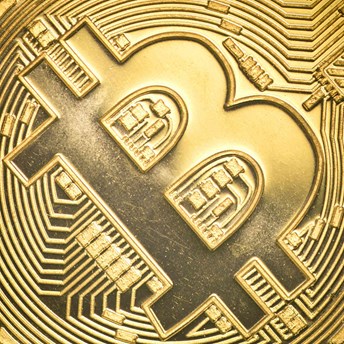
http://hashflare.net/products/bitcoin
34,271$
What is Bitcoin?
Bitcoin and Crypto Currencies are digital forms of electronic money. They are different to the traditional fiat money system in three key ways: transactions are anonymous, you can create your own wallet bank account in minutes and the network is decentralised run through consensus of its participants.

Bitcoin and other crypto currencies are also anonymous – you can set up a wallet in minutes and start receiving or giving Bitcoin via your personal address number. Any transaction you do make shows up on the blockchain- the central ledger of all transactions ever made! So you are anonymous in one sense but if anyone knows what your address is then they can discover your entire transaction history.
Bitcoin itself is designed to lower the amount of bitcoins produced every ten minutes – after mining a block – by 50% every four years. In other crypto currencies the reward for mining each block is kept constant or can vary in whichever way the developer decides. Unlike governments who can print cash to encourage inflation, or devalue their currency or debt, Bitcoin is not subject to these external forces.
Bitcoin was created by Satoshi Nakomoto in 2009 to produce a currency that wasn’t controlled by any Government. Bitcoin, and all other crypto currencies, are run by its users and miners and print new money through mining by validating the transactions in a specific period of time. The rate of new money being printed is designed in the DNA of the crypto currency, and with Bitcoin there is a hard cap of 21 million Bitcoins ever to be produced which are then divisible into satoshi, or 100,000,000th of one Bitcoin.
Governments and regulators don’t necessarily like Bitcoin – especially in emerging markets – where the onus is on stopping money from leaving the country and keeping it for internal investment. In Western more developed Governments there are fears due to its anonymity not complying with money laundering procedures and potentially providing a means for illegal activities such as terrorism or the drug trade. That said, the more liberal western governments see Bitcoin and crypto currencies as an innovative technology that could provide a means for furthering trade, increasing competition in the banking industry, and more.